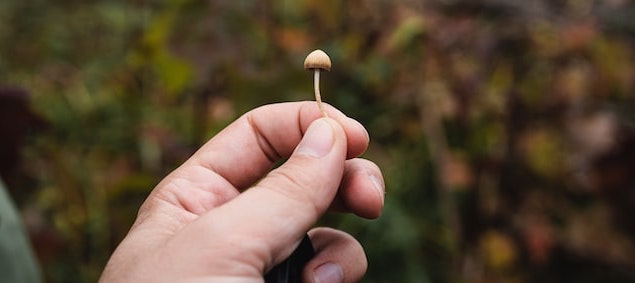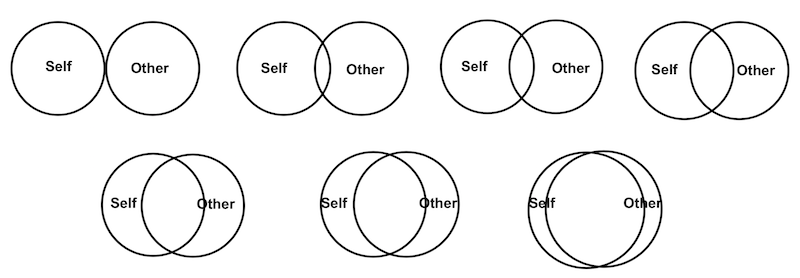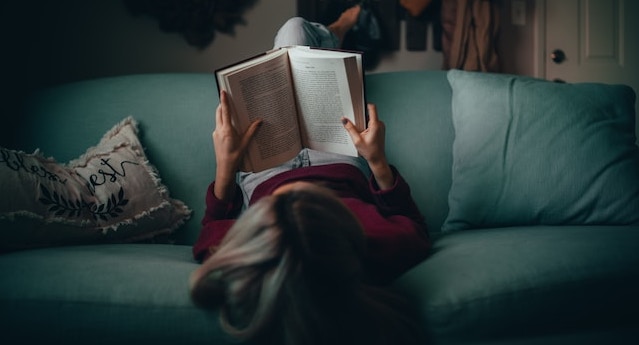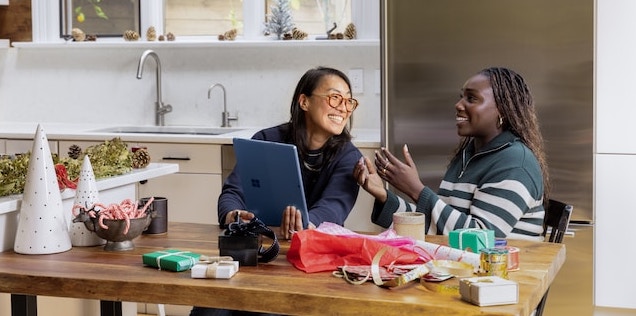‘Authenticity’ is a funny thing. When it comes to people — rather than say, a painting — It’s often hard to define. We know it when we see it. It’s impossible to fake. In fact, it’s the antithesis of fake. We, as people, tend to like it, are drawn to it. It’s evident when someone is their ‘authentic self‘ — they are true to their values and spirit, honest about how they feel, and why they do the things they do. To ‘live authentically’ is the desired goal for many people, and an integral part of the journey towards self-fulfillment and wellbeing. However, it is not always easy. Everything from societal expectations and roles, to our own self-confidence, to how we were brought up can affect the ease with which we can live authentically.
So, understanding the factors that contribute to our sense of authenticity is of significant importance to researchers of mental health and wellbeing. A recent study, published in the journal of Nordic Studies on Alcohol and Drugs Online aimed to explore whether microdosing psychedelics could make you feel more authentic. This goal could provide insight into new benefits of microdosing not yet identified. Microdosing, the practice of consuming tiny (micro) doses of a psychedelic (most commonly psilocybin from magic mushrooms or LSD) has gained much attention in the last few years for its beneficial effects. So we know about authenticity, and we know about microdosing. But how did the study go down?

Microdosing and Authenticity: The Study
What were the research methodologies?
The study collected data from 18 participants who microdosed over the span of one month. This resulted in a total of 192 observations. The participants were asked to give self assessments of how authentic they felt, or their ‘state of authenticity’, on both microdosing and non-microdosing days. They also recorded how many activities they engaged in, and the satisfaction they derived from them. Control variables of the participants demographic, emotional states and trait authenticity were employed to ensure the validity of the findings. The data was then analyzed using mixed-effects models, accounting for individual variation and studying the effects across a number of days. The Ethics Review board gave the study approval. Additionally, the participants had provided written consent at the beginning of the process.
To establish the baseline, on ‘day 0’ of the study the demographic information and measures of trait authenticity were collected from participants. Then from day 1 to day 28, current state authenticity, daily habits and activities, and satisfaction with these habits and activities were analyzed. The schedule of data collection varied. For the first week it was daily. In weeks 2 and 3 it was every other day. In week 4 it was three times a week. The aim of this variation was to reduce participant burden. On the data collection days the participants were asked to report their emotional states using experience sampling methods. These consisted of 5 signals at 3 hour intervals over 12 hours (10am-10pm). The participants could also voluntarily submit data whenever they chose — one participant provided data for 30 days.
How Did They Measure Authenticity?
The ‘state authenticity’ (how authentic they felt at the current moment) was measured using the Real Self Overlap Scale. Here, participants could select the circle image that most closely represented how connected they felt to their real self. Each individual’s microdosing practice was assessed through an indicator variable showing whether they had microdosed on the current day, the previous day, or neither of the two.

The participants had different microdosing practices, ranging from fixed routines to more flexible methods. To account for this, interviews with each participant were conducted to ensure they all had consistent definitions and understandings of microdosing. This is where the study experienced some limitations. Future research should aim to keep microdosing protocols standardized so the variables remain consistent.
Two measures linked to activities were included in the study. The first was the number of activities engaged in per day. These included hobbies, cooking, reading, meditation, household chores, and exercise, among others. The second was the satisfaction with each activity. This was measured on a scale from 0 to 6. The average positive and negative effects for each day were calculated based on the reports of the emotions the participants had experienced since the last sample was taken.
The Authentic Results
The study revealed several significant findings. Firstly, when examining the variation in state authenticity, it was shown that around 26% of this could be explained by innate differences between individuals. However, a large portion was unexplained and varied between participants.
In terms of the effect of time on state authenticity, there was no notable change seen as the study progressed. This implies that time passing does not alone impact the levels of authenticity felt by participants.
When we look at the formal analysis, the results found that the participants experienced significantly higher levels of state authenticity on the day they ingested a microdose and the following day, compared to the other days. Levels of reported state authenticity were 1.7x stronger on the microdosing day. Notably, the levels of trait authenticity of the participant did not predict state authenticity scores. This suggests that microdosing could make you feel more authentic.
Enhanced Daily Satisfaction
Further analysis of the data found that on microdosing days, participants were more likely to engage in hobbies, chores, cooking, reading and writing. They also reported increased satisfaction with these activities as well others such as working, studying, socializing, having sex, exercising, and mindful activities such as meditation.

To summarize, the results of the study showed that microdosing psychedelics could make you feel more authentic. Microdosing was linked to higher levels of current state authenticity. This relationship was associated by the amount of, and satisfaction with, daily activities. The feeling of authenticity was not influenced by time passing or changes in mood. The types of activities the participants were drawn to engage in, and their satisfaction with them, varied depending on whether it was a microdosing day or not.
The study found a significant link between microdosing and increased state authenticity. This suggests that microdosing psychedelics, such as magic mushrooms, has the potential to heighten our sense of self, and ability to be true to ourselves. By microdosing, people may experience an increased connection and alignment between their emotions, thoughts, and behavior, helping them to foster a genuine and authentic expression of their inner values and spirit.
The study’s findings also highlight the importance of daily activities and how they impact state authenticity. The more activities engaged in, and the higher the satisfaction derived, the stronger feelings of authenticity tend to be. This emphasizes the significance of aligning our chosen actions with our personal values, as well as our overall fulfillment in our daily habits.

A Note on Study Limitations
There are a few undeniable limitations with this study. Firstly, the sample size of participants is very small. Secondly, there is not a mention of each individual’s dose, and there is variation between each individual’s microdose routine. Additionally, it is not noted by the authors of the study what substance the participants used to microdose with, such as psilocybin or LSD. These limitations could all be easily rectified by larger, more controlled studies in the future.

The Takeaway:
- This research paper reveals a link between microdosing psychedelics and an increased sense of authenticity.
- Engaging in microdosing appears to enhance the individual’s experience of being true to themselves.
- This is particularly significant on the day of microdosing and the day after.
- Individuals also reported increased engagement in activities on those days, and an increased satisfaction with said activities.
- This suggests that engaging in activities that satisfy us also enhances feelings of authenticity.
- Feelings of authenticity are significant to our sense of wellbeing and mental health. This study has provided a foundation for researchers to continue studying the importance of microdosing in this field.





